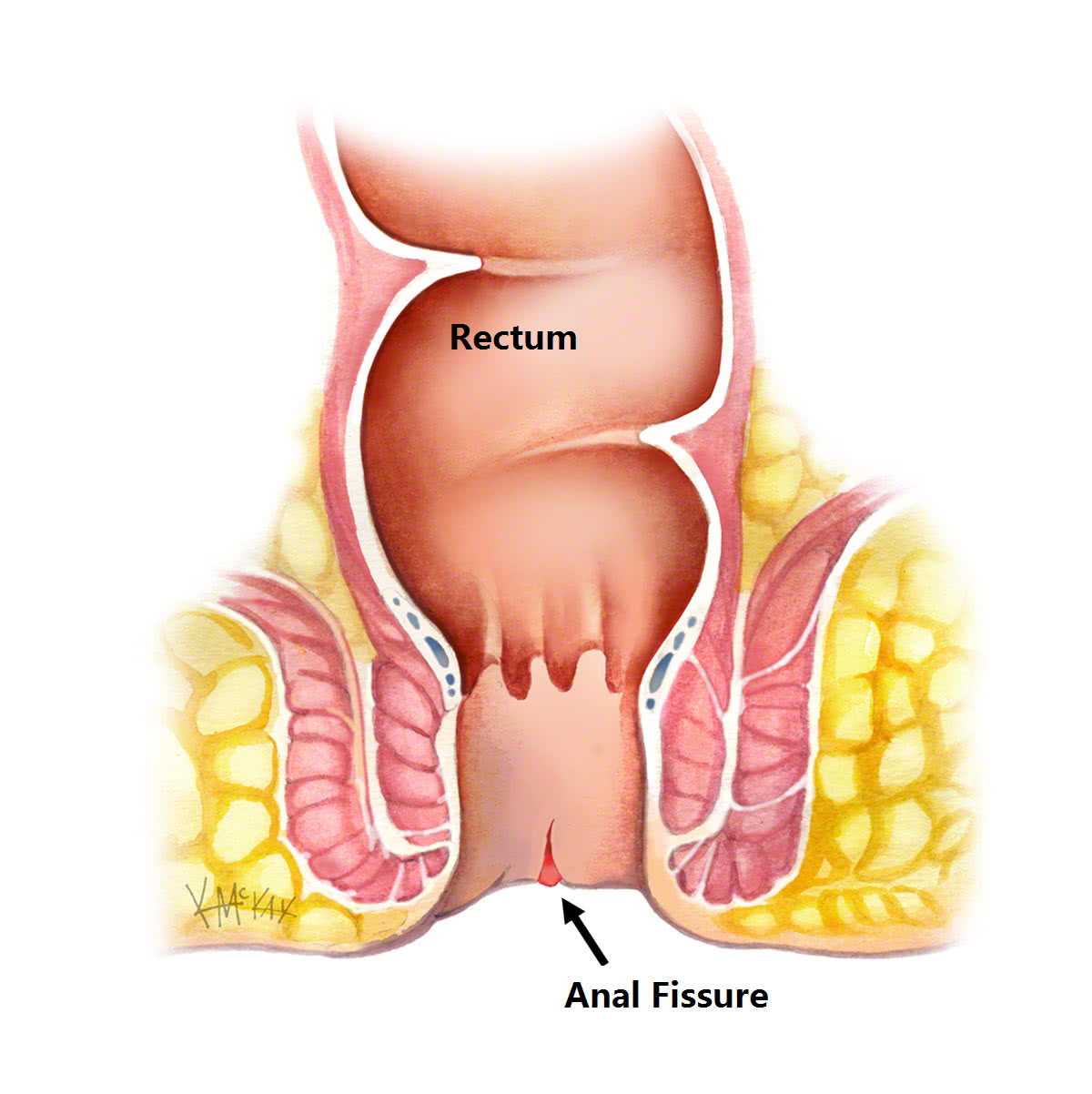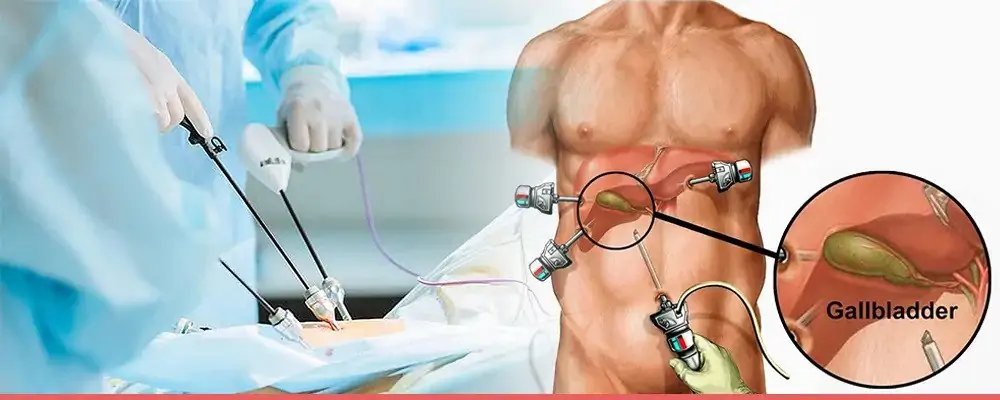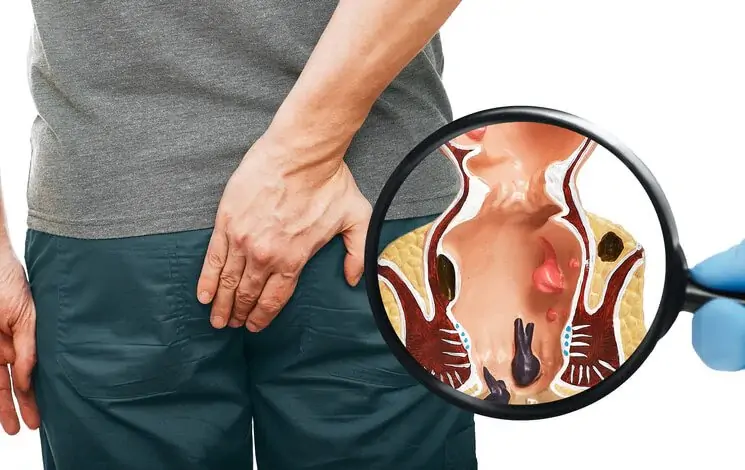The symptoms of an anal fissure typically include:
- Pain: Anal fissures often cause sharp, stabbing, or burning pain, especially during and after bowel movements. The pain can persist for hours after a bowel movement.
- Bleeding: Bright red blood may be noticed on toilet paper or in the toilet bowl during or after a bowel movement. The bleeding is typically minimal but can be alarming.
- Itching or Burning: Some individuals may experience itching or burning sensations around the anus.
- Discomfort: There may be a feeling of discomfort or a constant sensation of needing to have a bowel movement.
- Spasms: In some cases, anal fissures can lead to anal sphincter muscle spasms, which can exacerbate pain and discomfort.
- Tenderness: The area around the anus may be tender to the touch.
It’s important to note that while these are common symptoms of anal fissures, they can also be indicative of other anal or rectal conditions. If you experience these symptoms, it’s advisable to seek medical evaluation and diagnosis for appropriate treatment and management. Chronic or severe fissures may require more intensive medical intervention.
If you or a loved one has been diagnosed with anal fissure disease,consult Dr. Chintamani Godbole one of the best Gastrointestinal Surgeon in Mumbai




